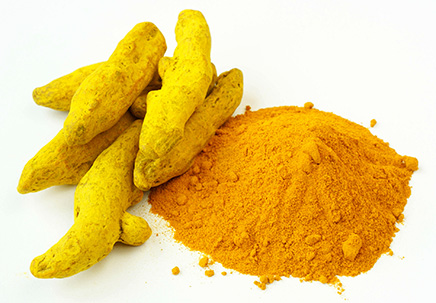Can curcumin (the main component of turmeric) help minimize side effects related to radiation therapy? I had a head and neck patient who took the agent all the way through his treatments and did very well, which he related to taking the curcumin. — Barry A. Cochran
Turmeric is a spice used to flavor everything from curry dishes to chutney, pickles, and American mustard. Its first recorded use dates back to 600 B.C. The active ingredient in turmeric is curcumin. According to some naturalist researchers, turmeric can prevent inflammation, which is the root cause of a number of diseases. According to some researchers, these same anti-inflammatory effects assist curcumin in killing tumor cells.
Curcumin is also thought by some to protect skin during radiation treatments. Research on turmeric is extremely limited, especially on whether it interferes with other drugs. The most notable side effect of long-term, high-dose usage is the potential for ulcers or gastric upset, according to the American Cancer Society. In addition, curcumin is a natural blood thinner and can complicate surgical procedures or interfere with medicines that patients may be taking. The FDA doesn’t regulate herbal supplements and there are no randomized studies on their efficacy and potential risks, so it is ultimately difficult to say whether or not these herbal supplements are harmless or can help.
The patient’s physicians and nurses should always be made aware of all supplements that are being used during treatment, as some supplements may help protect the malignant cells from being damaged by the radiation and/or chemotherapy treatments. — K. Lynne Quinn, RN, MSN, CRNP, AOCNP
